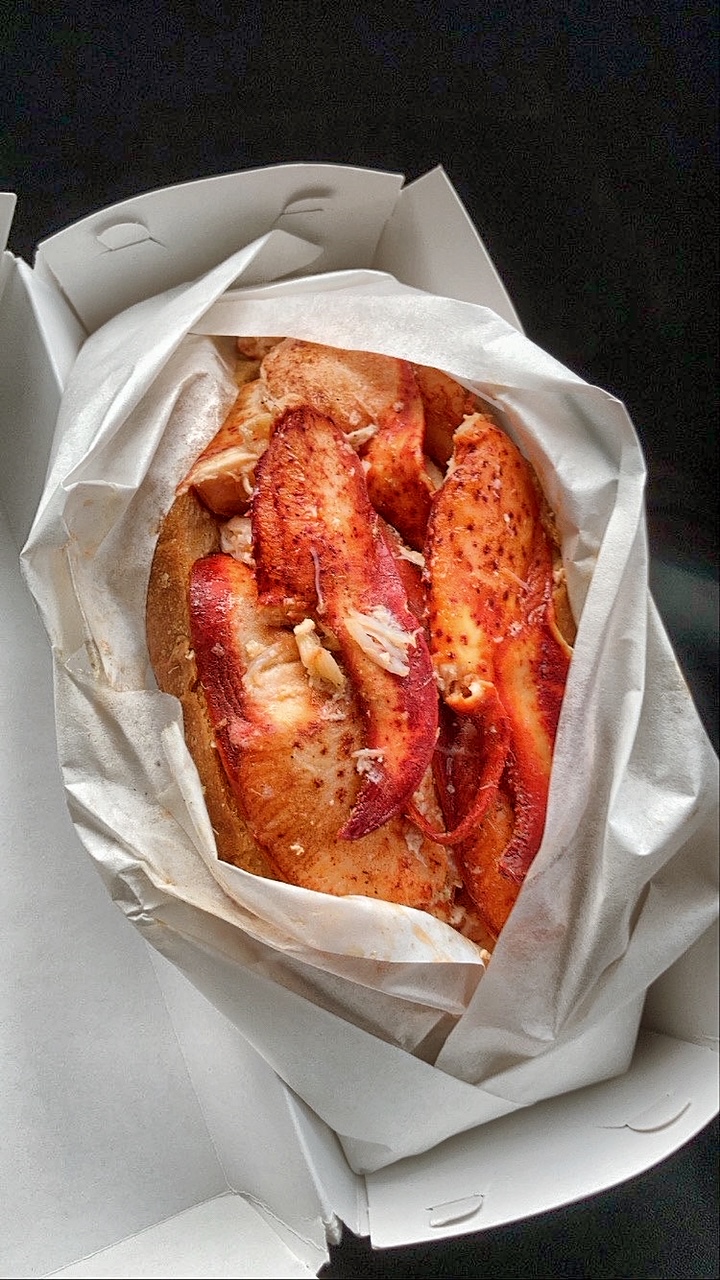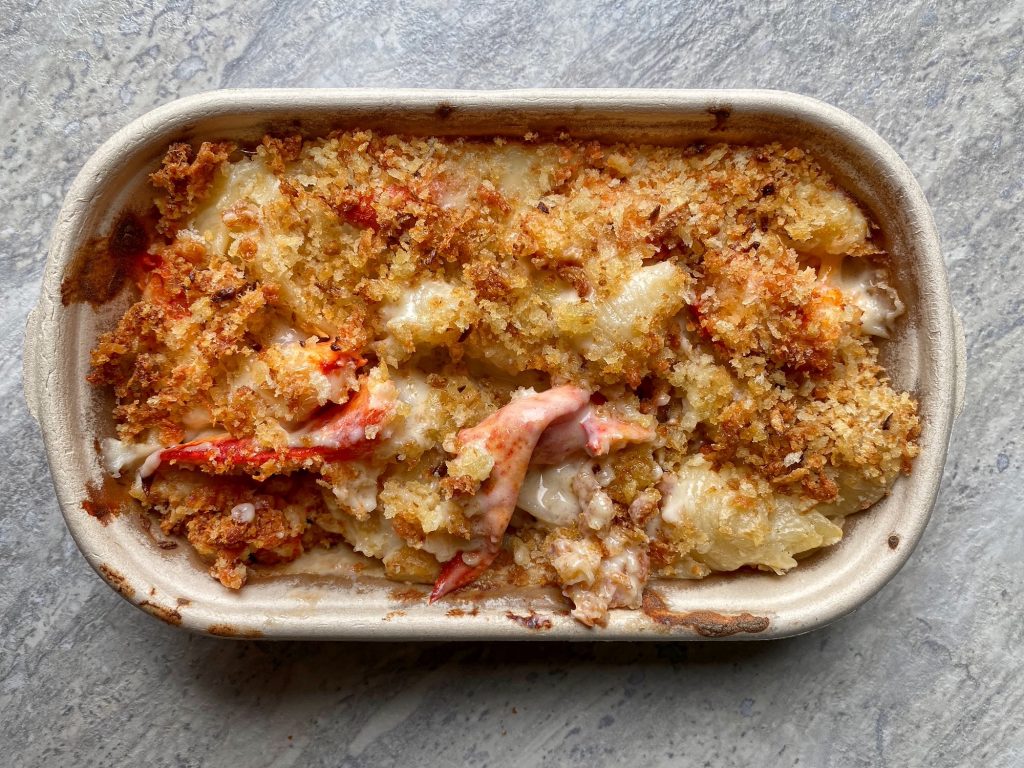The F&B industry is still reeling from the effects of the COVID-19 pandemic over a year since it first erupted. Many lessons were learned as businesses had to pivot and shift their strategies in order to survive—and some have managed to despite the circumstances.
Foodservice trends for 2021 reflect a heightened focus on improving delivery and takeout to deliver an escapist experience comparable to dining in. It’s also an opportunity to gain new customers and fans, even as people are stuck in their homes.
Even a year after the pandemic struck, the situation remains unpredictable. Although dining restrictions eased up in the last few months of 2020, the Philippines is currently seeing high spikes in cases, forcing the government to place NCR and areas within the Greater Manila region (the so-called NCR Plus) under enhanced community quarantine (ECQ) once again since Mar. 29.
Here, we spoke to Bun Appetit’s Lawrence Cua to find out how they’ve adjusted to the changing times and how they’re dealing with another round of strict lockdowns.
Coordination with delivery platforms
Bun Appetit is no stranger to delivery and takeout. Besides being a regular at the Saturday Salcedo Market, they consider themselves early adopters of delivery, having partnered with Lalamove in 2017. They had procedures in place to make the ordering process efficient and smooth.


However, according to Cua, it was still challenging to navigate the space during the pandemic. He recalls having difficulty booking riders last year but eventually addressed the unfolding crisis with an Angkas partnerships to optimize delivery routes and increasing communication with customers.
This year, logistics and transportation systems have improved and their experience with third-party delivery apps have been good. “No horror stories here,” Cua says.
Although they don’t have exclusive delivery partnerships, it’s clear how Cua has been seriously attentive in influencing the hand-off side of the business: they ensure that riders are equipped with insulated bags or moto boxes, they explain the urgency of deliveries to riders, and at the same time even define the difference between dispatch and delivery times to customers.
Constant adjustments
It’s also important that restaurateurs are open to revising and adjusting the menu to fit the delivery environment—with the additional task of making sure the food quality is as if it was bought a few minutes ago.
In Bun Appetit’s case, their operations have shifted to a pre-order setup, which allows them zero to minimal waste since they only prepare for confirmed orders. Another strategy they adopted was to adjust operations (that is, not open their The Grid food stall every day) so that orders are consolidated.
“It’s difficult to forecast quarantine sales especially then when it was mostly delivery and a little bit of takeout. We’ve heard of neighboring stores keeping their shops open daily getting only a handful of orders,” Lawrence Cua says.
“It’s difficult to forecast quarantine sales especially then when it was mostly delivery and a little bit of takeout. We’ve heard of neighboring stores keeping their shops open daily getting only a handful of orders,” Cua says.
“Thankfully, our menu is casual and fuss-free so nothing is impossible to serve as takeout.” While this may be the case, Bun Appetit still utilizes takeout boxes that are customized for their seafood rolls so spillage doesn’t occur in transit. Some of their customers also request deconstructed versions of the sandwiches or rolls, which the team happily accommodates.
For instance, the Ikura toast with salmon roe they wanted to exclusively offer for dine-in from Valentine’s Day until March wasn’t only a byproduct of the ECQ declaration but also of that same customer search for deconstructed versions of their offerings
Relying on online platforms
Besides delivery apps, marketing on social media, online communities and selling groups was a key tool that helped businesses survive during the pandemic.
There wasn’t a specific or conscious marketing strategy for Bun Appetit, according to Cua. They merely focused on letting the public know that they’re still open and taking pre-orders through their online platforms. For the team, it’s all about taking it one day at a time and making the days count. They also grab opportunities when available, like when Power Plant Mall asked them to create a recipe video then turned it into a whole native series called #DontBeShellfish to connect with more followers.
Focus on staff health
One thing that the team has placed more emphasis on as a result of the pandemic is safety as Cua realizes that, “We’re only as good as our people.” There’s a heightened focus on making sure their staff is healthy and well, and making sure that their environment is safe to work in.
A willingness to change and shift strategies when necessary despite how exhausting, rigid and truly difficult the idea of pivots can be, is crucial to ensure that a food business somehow weathers the storm—especially given how essential takeout and delivery is now today. For Cua and his sandwich shop, what’s inarguable is to keep your brand out there and use every platform at your disposal.
There is also no shame in putting a premium. ”You are, after all, risking a lot to offer a product or service at this time. You’re just adding to the options available.”

